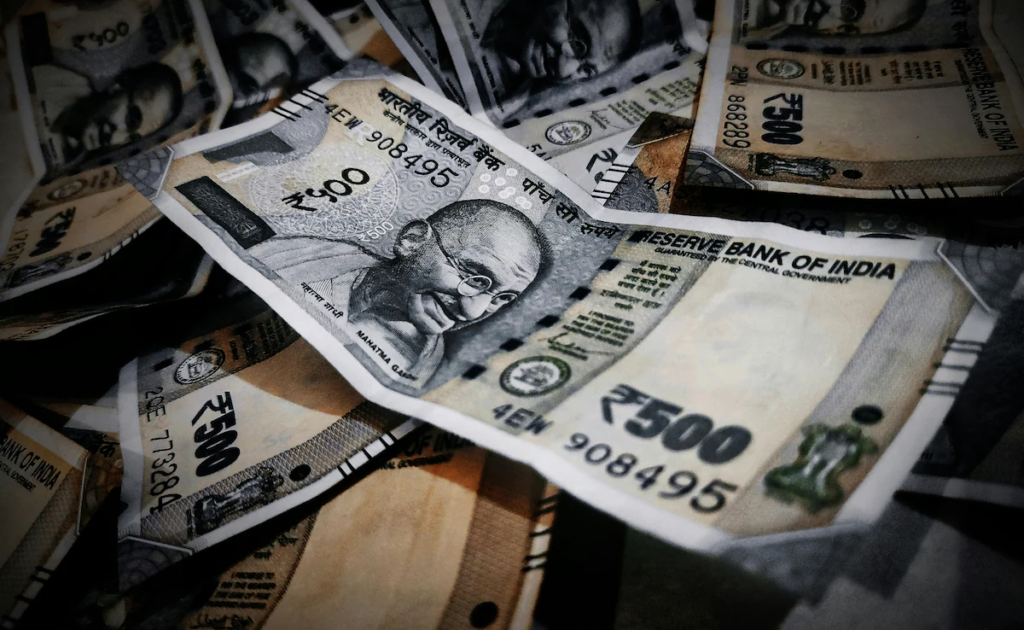Analysis of Electoral Bond Usage
Analysis-Introduction:
Analysis-Electoral bonds have become a significant part of political financing in India since their introduction in 2018. This article delves into the utilization of electoral bonds by various political parties, shedding light on the amounts received and the major donors involved.

Analysis-Electoral Bond Distribution:
Analysis-According to data released by the Election Commission, the Bharatiya Janata Party (BJP) stands out as the largest recipient of electoral bonds, having received an astounding ₹6,986.5 crore since the inception of these bonds. Trailing behind are other prominent parties like the Trinamool Congress (TMC) with ₹1,397 crore, the Congress with ₹1,334 crore, and the Biju Janata Dal (BJD) with ₹944.5 crore.
Top Donors and Recipients:
Future Gaming and Hotel Services emerge as the top purchaser of electoral bonds, having contributed a substantial ₹509 crore to the Dravida Munnetra Kazhagam (DMK) in Tamil Nadu. This revelation underscores the significant role played by major donors in shaping political financing dynamics.
Further analysis reveals that Future Gaming, owned by lottery magnate Santiago Martin, has been the primary purchaser of electoral bonds, with a staggering contribution of ₹1,368 crore. A significant portion of this sum, approximately 37%, was directed towards the DMK.
Additionally, other notable donors include Megha Engineering, which contributed ₹105 crore, India Cements with ₹14 crore, and Sun TV with ₹100 crore to the DMK. These contributions highlight the diverse sources of funding that political parties rely on for their electoral campaigns.
Transparency Issues:
While some parties, like the DMK, have been transparent about their donors, others have chosen to remain opaque. Major political entities such as the BJP, Congress, TMC, and Aam Aadmi Party (AAP) have refrained from disclosing details of their donors to the Election Commission. This lack of transparency raises concerns about the influence of undisclosed donations on political decision-making processes.
Analysis by Party:
Among the regional parties, the TMC emerges as the second-largest recipient of electoral bonds after the BJP, further solidifying its financial prowess in West Bengal politics. On the other hand, parties like the Telugu Desam Party (TDP), Shiv Sena, Rashtriya Janata Dal (RJD), and Samajwadi Party have also benefited from electoral bonds, albeit to a lesser extent.
Interestingly, some parties, such as the Communist Party of India (Marxist) [CPI(M)], have taken a principled stand against electoral bonds, refusing to accept funds through this mode. Moreover, filings by parties like the All India Majlis-e-Ittehad-ul-Muslimeen (AIMIM) and Bahujan Samaj Party (BSP) have indicated zero receipts through electoral bonds, signaling diverse approaches to political financing within the Indian political spectrum.
Conclusion:
The utilization of electoral bonds has reshaped the landscape of political financing in India, with significant implications for transparency and accountability. While some parties have embraced this mode of funding, others have raised concerns about its opacity and potential for undue influence. Moving forward, it is imperative for policymakers to address these issues and ensure greater transparency in political funding to uphold the integrity of democratic processes.

[…] nearly half a century after the gruesome discovery of skeletal remains buried in a shallow grave, Connecticut State Police made a breakthrough announcement on Wednesday: one of the long-unknown victims had […]